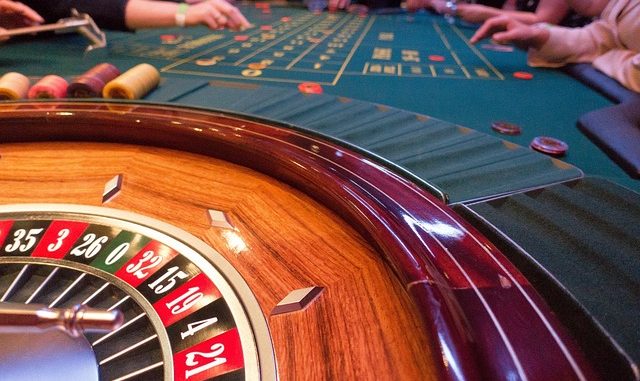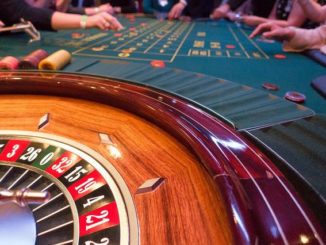
The Pennsylvania Gaming Control Board (PGCB) opened the bidding window for online gaming licenses. It will start receiving any casino operator’s petition who wants to get an iGaming certificate that won’t tie them to a local casino. Such operators will be Qualified Gaming Entities in the state and there are only 12 more certificates left.
The license petition period to get a gaming permit from the Keystone State’s Gaming Board started on January 3, 2023, and will end on March 3, 2023. The PGCB stated that it will receive license petitions from operators who are currently operating outside the state and are interested in a Qualified Gaming Entity certificate.
More Details About the 12 Certificates
The PGCB indicated that there were only 12 more certificates remaining and each of them cost $4 million. It will offer them in three categories; six certificates for non-bank table games like poker, three certificates for bank table games like casino table games in which players compete with the house, and three certificates for games that resemble slot machines.
This is PGCB’s second time making online gaming certificates available to investors who haven’t ventured into the local casino market. It opened the first petitions window in February 2018, and Golden Nugget’s online gaming platform applied alone.
Surprisingly, PGCB is still processing the application, and it hasn’t disclosed its main reason for delaying the review process.
The Pennsylvania Gaming Expansion Act of 2017 influenced the formation of a Qualified Gaming Entity concept. The Keystone State’s Act 42, 13 Category 1,2, and 3 slot machine applicants had an opportunity to get 39 online gaming certificates. Each category has 13 certificates.
The Qualified Gaming Entities
The Commonwealth’s iGaming operators and land-based casinos operate most of the state’s online gaming websites. The operators collaborated with brick-and-mortar casinos to venture into the local gaming market.
Yet, Qualified Gaming Entities don’t need any partnership to operate in Pennsylvania. But a Qualified Gaming Entity license is costlier than an ordinary gaming license. It costs $12 million, while a standard casino license offers tables, online slots, and poker for land-based casinos.
Pennsylvania’s gaming licenses should be renewed after five years for $100,000. Still, it has a 54 percent tax rate for online slots’ gross gaming revenue (GGR) and a 16 percent tax for online poker and online table games.
The Keystone States Earns High Revenue from the iGaming Sector
The state’s high tax rates for gaming operators earn huge tax revenues. For example, it generated $1.23 billion in gross gaming revenue in the 2021-2022 Fiscal Year from iGaming, thus earning $341.7 million in taxes.
Online slots raked in a large percentage of the gaming revenue as they generated $847.4 million, while interactive table games generated $349.6 million. Online poker raked in $35.2 million between July 1, 2021, and June 30, 2022. Online slot revenue rose by 40.5 percent, and table games had a 33 percent increase in revenue compared to the previous Fiscal Year.
Poker’s revenue increased by 15 percent year-over-year. The PGCB revealed in December that Pennsylvania hit another online casino revenue record for the second consecutive month. Casinos generated $452.4 million in November 2022 and $450.2 million in October.
100% up to $3,000 Bonus
Bovada is our most recommended ONLINE CASINO and POKER ROOM for US players with excellent deposit options. Get your 100% signup bonus today.





Leave a Reply
You must be logged in to post a comment.